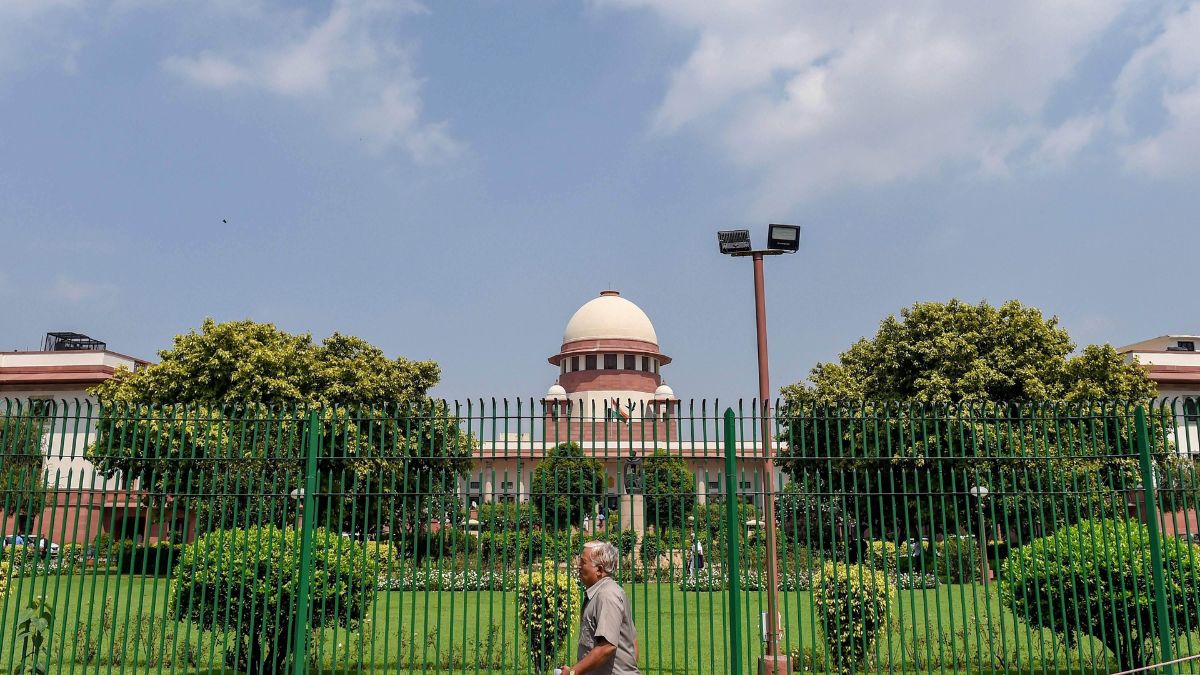The Supreme Court on Thursday put a hold on the money laundering probe against Tamil Nadu’s state-run liquor retailer TASMAC in a suspected ₹1,000 crore scam.
A bench comprising Chief Justice of India BR Gavai and Justice AG Masih was hearing petitions filed by the Tamil Nadu government and TASMAC, challenging the Madras High Court’s decision to allow Enforcement Directorate (ED) searches at the TASMAC headquarters.
“Your ED is crossing all limits. How can there be an offence against the corporation?” Chief Justice BR Gavai asked Additional Solicitor General SV Raju, as quoted by the website Live Law.
The court, as reported by The Indian Express, said, “You may register cases against individuals… but corporations? Your ED is passing all limits! Issue notice, returnable after vacation.”
Senior Advocate Kapil Sibal, representing the state, told the court that Tamil Nadu had filed 41 FIRs against liquor outlet operators for corruption between 2014 and 2021. However, he added, the ED only got involved in 2025, raided the headquarters, and seized officers’ phones and devices.
“This is a corporation that manages liquor outlets. We found some of the people to whom outlets were given were actually taking cash. So, the state itself filed 41 FIRs from 2014 to 2021 against individuals, not against the corporation. The ED came into the picture in 2025 and raided the corporation (TASMAC) and the head office. All phones taken, everything taken. Everything cloned,” Sibal said. At this point, Chief Justice Gavai asked the Additional Solicitor General how an offence was made out against the corporation. “You may register cases against individuals, but a criminal matter against the corporation? Your ED is crossing all limits, Mr Raju,” the Chief Justice said.
In a petition to the Madhya Pradesh High Court, TASMAC had requested the court to stop the ED from harassing its officials. However, the court rejected the request and allowed the ED to continue its investigation.
Impact Shorts
More ShortsThe petitions argued that the ED’s power to search and investigate crimes within a state without that state’s permission violates the basic principle of federalism.


)

)
)
)
)
)
)
)
)



